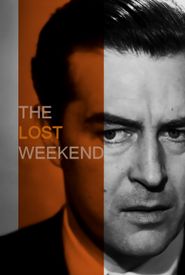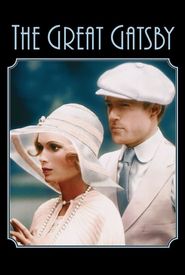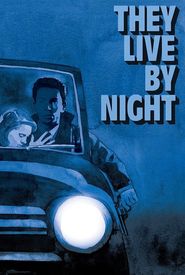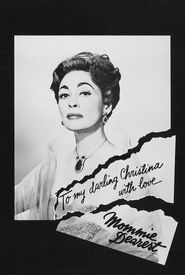Howard da Silva was one of the 324 actors, writers, and directors whose careers were abruptly halted due to the Hollywood blacklisting of the early 1950s, a period of intense scrutiny and persecution that had far-reaching consequences for the film industry.
Born and raised in the United States, da Silva initially pursued a career in steelworking before making his stage debut at the age of 20 in New York. He quickly gained recognition on Broadway, where he honed his craft and built a reputation as a talented performer.
Da Silva's breakthrough performance came in the 1943 Broadway production of Oklahoma!, a critically acclaimed show that cemented his status as a rising star. He continued to work on stage and screen, appearing in a string of successful films, including Sergeant York (1941),The Big Shot (1942),and The Lost Weekend (1945).
However, da Silva's career was threatened in 1947 when the House Un-American Activities Committee (HUAC) launched an investigation into alleged Communist influence in Hollywood. Actor Robert Taylor, a self-proclaimed "friendly witness," testified against several of his colleagues, including da Silva, whom he accused of having communist sympathies.
The subsequent Waldorf Statement, released on November 25, 1947, marked a turning point in da Silva's career. The statement, signed by a group of Hollywood executives, announced the implementation of a blacklist, aimed at anyone named or suspected of being a communist. Those accused were promptly fired or suspended without compensation, and their names were added to the list of those who would be ostracized by the industry.
Da Silva continued to work in the theatre, but his film career was effectively over. He refused to cooperate with HUAC and was subsequently blacklisted by the studios. It wasn't until the early 1960s, when the blacklist was lifted, that da Silva was able to return to the screen.
Throughout his career, da Silva was known for his versatility and range, appearing in a wide range of roles on stage and screen. Despite the challenges he faced during the height of the blacklist, he continued to work tirelessly, always staying true to his craft.
In his later years, da Silva continued to act in film and television, earning critical acclaim for his performances. He passed away in 1986, leaving behind a legacy as one of the most talented and resilient actors of his generation.





































































